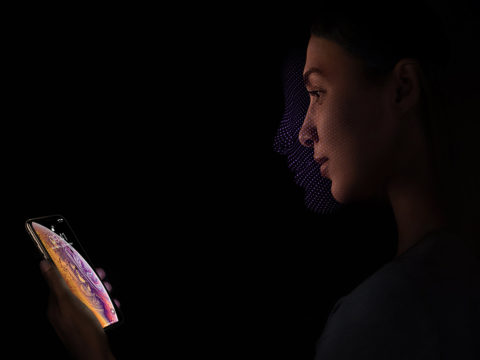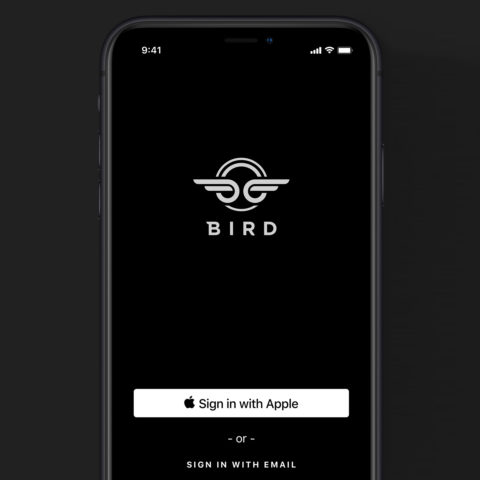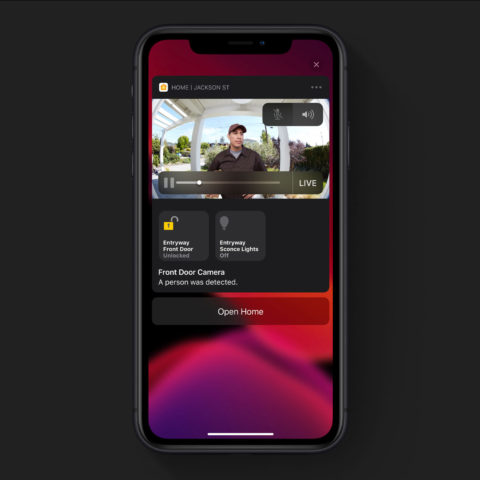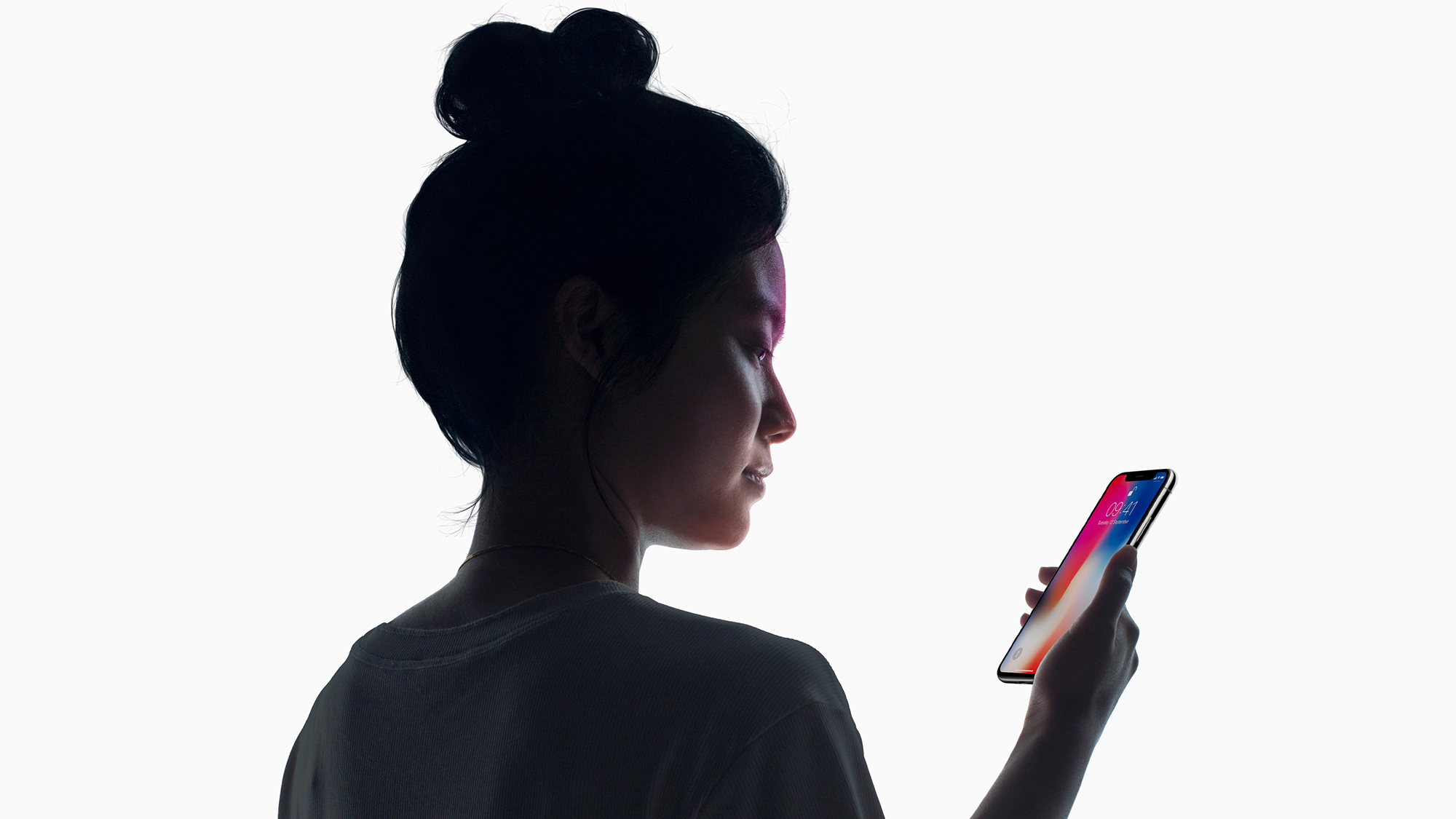With iOS 13, Apple will build on solid security and privacy foundations
For Apple, the issue of privacy is nothing new. For some time, it has been a differentiator between Apple and rivals who are a bit too eager to sell your data to advertisers.
With Apple, which primarily makes money from hardware sales and first-party services, you are of course the customer. But with certain other companies, you just think you are; in reality, you are also the product – something to be sold, when a company relies heavily on partners, advertising, and data sales to make ends meet.
Face off
Apple has on iPhone and iPad gone the extra mile with security interface concepts now considered largely ubiquitous within the industry. Touch ID was always secure and private, but Face ID is far more so, due to the sheer amount of technology smarts Apple packed in. Face identification systems on some (notably cheaper) Android devices, though, are worryingly easily fooled – even by something as simple as holding a photo of the device owner up to the camera.

There are also questions about data usage, and who can gain access to your data. With Apple, however, you’re safe in the knowledge strictly personal data is held on your device, in the Secure Enclave that’s part of the A-series processor. This means your biometric data cannot be accessed by iOS or apps. In fact, it can’t even be accessed by Apple, because it’s not stored on Apple servers nor backed up to iCloud.
There are occasions where Apple does work with data to create better experiences, but even then the company utilizes Differential Privacy – scrambling your data and combining it with sets from millions of other users. The result is Apple can only see general patterns, and nothing that can be traced back to an individual.
Location, location, location
With iOS 13, Apple is taking things further. When apps require location data, Always Allow will no longer be an immediately accessible option – you’ll instead have to go to Settings for that. Instead, when an app asks for permission, you’ll choose from Allow While Using App, Allow Once, or deny location access entirely. This makes it much harder for apps to nefariously track your movements and data in the background.

Another big change – one that feels like Apple slamming its fists on the table and yelling “enough” – is Sign in With Apple. This upends the way in which people sign into apps and websites. Previously, you may have used a social network sign-in button to sign into an app, primarily for speed and convenience; alternatively, perhaps you’ve grudgingly given your email address to app developers, who subsequently spammed you with marketing material.
As iOS 13 apps are updated, you’ll be able to sign in using your existing Apple ID, and then Face ID or Touch ID. Apps may still ask for your details, but you can optionally have iOS 13 create a unique email address for that specific app/service. This will forward to your real address, and can be turned off at any point.
An uneven playing field
Apple’s privacy revamp extends into other areas of technology that have made for terrifying headlines, like home security cameras. Companies in the past have abused trust, or lacked the security such systems demand. Apple says its end-to-end encrypted system will store your video on iCloud, where it’ll only be accessible to you and those you choose to invite. Storage won’t count against your existing iCloud plan either.

Naturally, all these things – limitations on location data; Sign in with Apple; HomeKit Secure Video – have certain other companies in the tech space up in arms. There are shouts about anticompetitive behavior, not least due to the amount of control this affords Apple in the ecosystems the company has interests in.
Such pushback suggests Apple has got things right. Had the rest of the industry not allowed itself to get into this state, where privacy was sidelined in favor of commercial interests, Apple wouldn’t have had to push privacy so hard – it would have been a given anyway. And it’s not as if Apple’s rivals can’t follow suit – they just have to stop snooping on you and selling your data. In other words, they will have to prioritize privacy, too.
The future of privacy
The future is uncertain. Apple’s privacy plans could fail, or the company could end up as a tiny niche concern with little leverage and influence. Also, there is a question of trust when you’re relying heavily on Apple – and recent events have shown the company doesn’t always get everything right.
After a spate of news stories surrounding smart home kit listening in on your every word, Apple got caught up in the row. The Guardian revealed Apple contractors regularly heard confidential details on Siri recordings. The snippets were anonymized, not traceable to a source, and “typically only a few seconds long”. Even so, when your main differentiator is privacy, you must be squeaky clean across the board, and not merely better than everyone else.

Fortunately, Apple quickly made good. The program was halted, and in future you’ll be able to opt-in. Notably, rivals more often fight against you having more privacy, because this reduces how much money they can make from what you do. Assuming Apple doesn’t fall from grace, then, and continues to bang the privacy drum, we may years from now look back and be grateful the biggest technology company in the world – while imperfect –was also the one that actually cared about privacy, giving you a choice rather than taking it from you.
To read more about Apple’s approach to privacy, go to apple.com/privacy.

